FISME asks govt to review export supporting bodies' role
Updated: Jan 02, 2020 06:04:46am
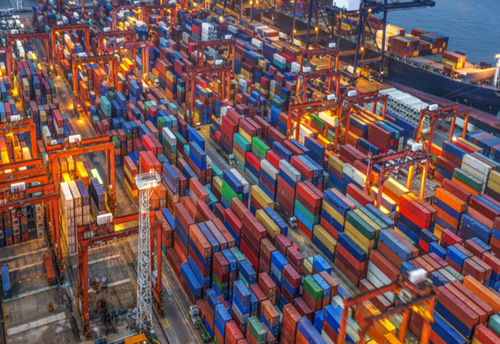
FISME asks govt to review export supporting bodies' role
New Delhi, Jan 2 (KNN) The Federation of Indian Micro and Small & Medium Enterprises (FISME) has asked the government to "thoroughly" review the role of Exim Bank and Export Promotion Councils (EPC), institutions which support exports.
In its recommendation note for the upcoming Union Budget, the industry body for MSMEs said, "The role of export support institutions/EPCs/Exim Bank needs to be thoroughly reviewed in consultation with the beneficiary group to really help exporters in changed economic realities."
FISME also said that the export support establishments including EPCs and boards have "abjectly failed in having a nuanced understanding of these emerging barriers and need complete overhaul".
According to the federation, a minimum of 50 per cent of market development funds should be earmarked for MSMEs as half of exports are from this segment.
MSME body also suggested that delay in refund of Goods and Services Tax (GST) to exporters should be strictly monitored through live dashboards and all public sector enterprises should be mandated to gear up for exports and develop their supply base or ancillaries comprising of MSMEs in India by building their capabilities to boost exports.
On Free Trade Agreements (FTAs), it said that staying out of later, for example RCEP, is not a wise decision for India.
FISME submitted its views and suggestions to the Union Finance Minister Nirmala Sitharaman in a meeting held recently.
On India’s participation in FTAs and PTAs, FISME suggested that while Multilateral trade Agreements are ideal, the movement there is all but dead.
Free Trade Agreement is a deal or an agreement between two or more countries or a trading bloc that taxes, regulatory laws, quotas and preferences on goods and services to be traded between them will be reduced or eliminated to foster better trading relations and returns.
FTAs may also include clauses with respect to intellectual property rights (IPRs), investments, government procurement, etc.
“Staying out of emerging large FTAs-e.g. Regional Comprehensive Economic Partnership (RCEP), is not a wise decision. India’s integration with World trade is deep now and we need to leverage FTAs to benefit from participation in GVCs. If we don’t leverage them right, we shall end up importing almost everything and that too at higher cost.”
---------------------

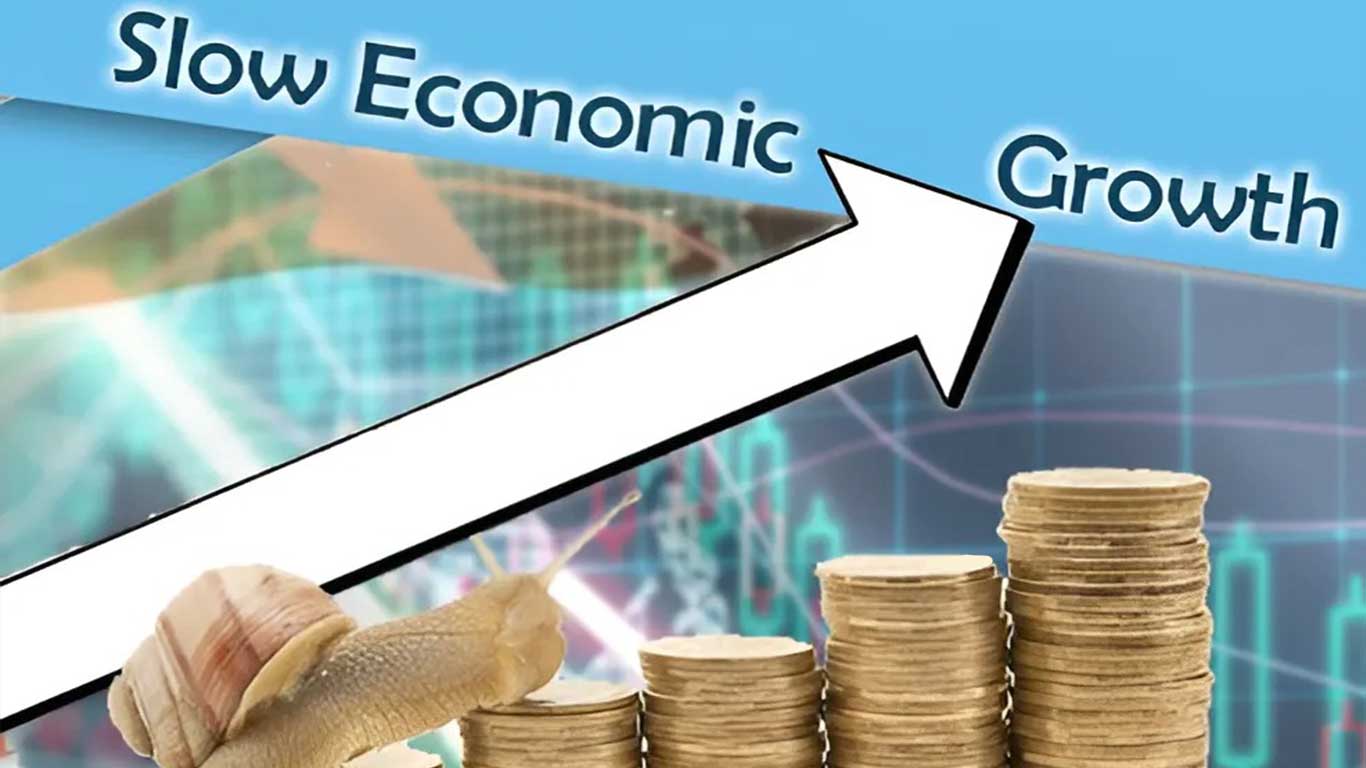

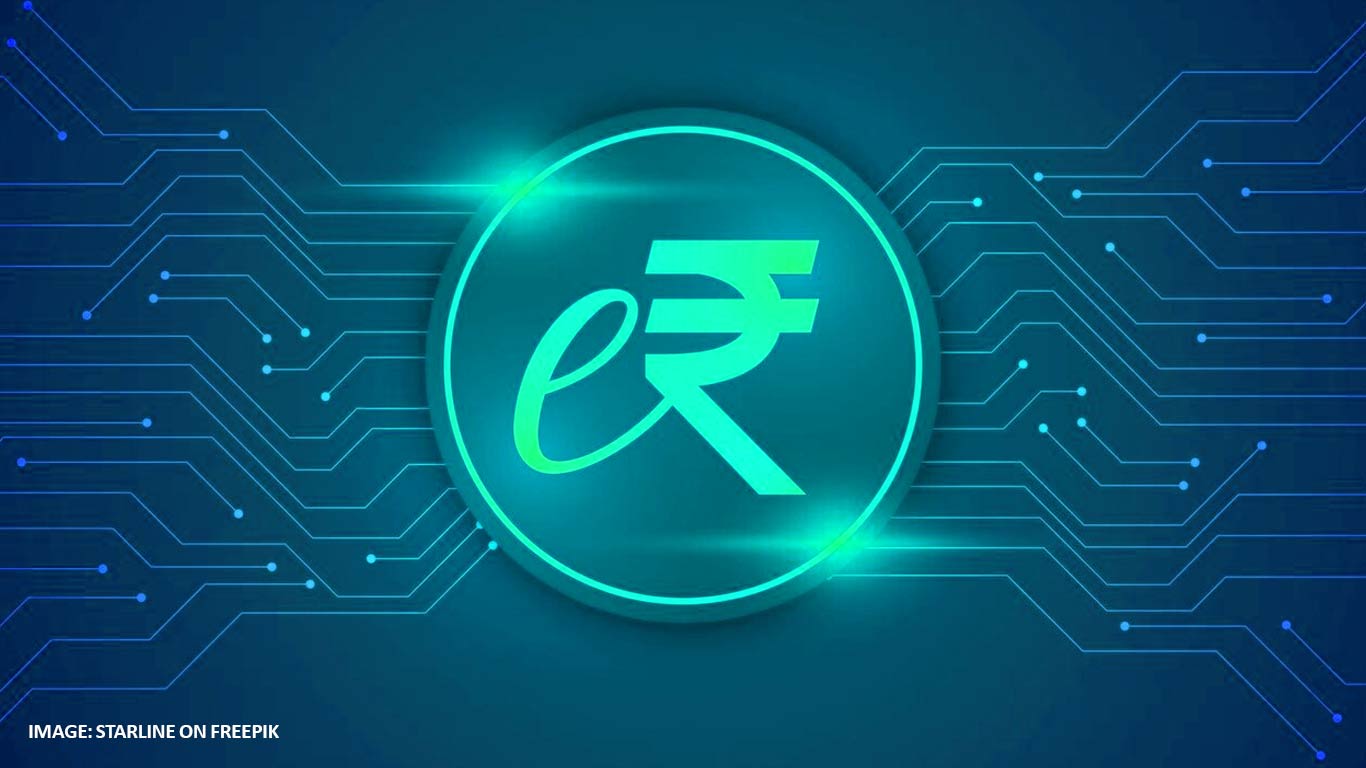
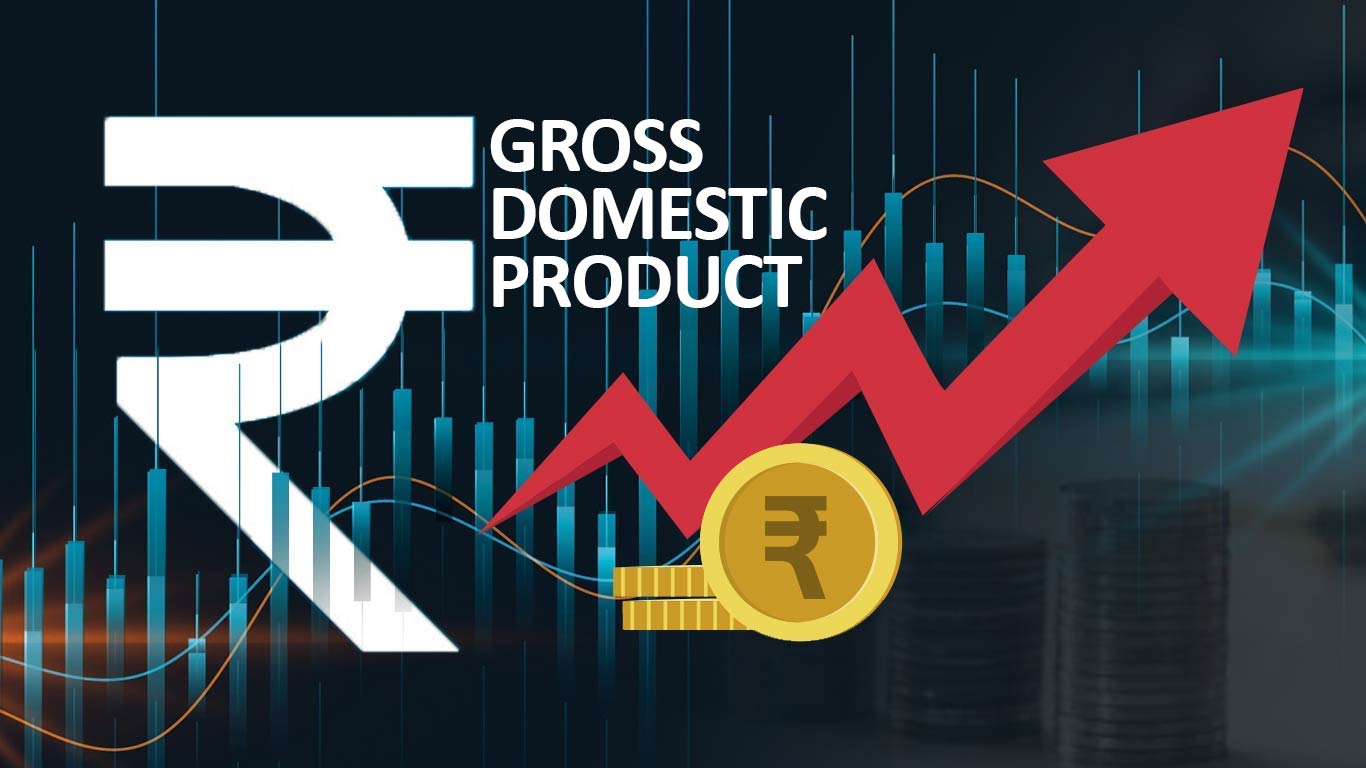
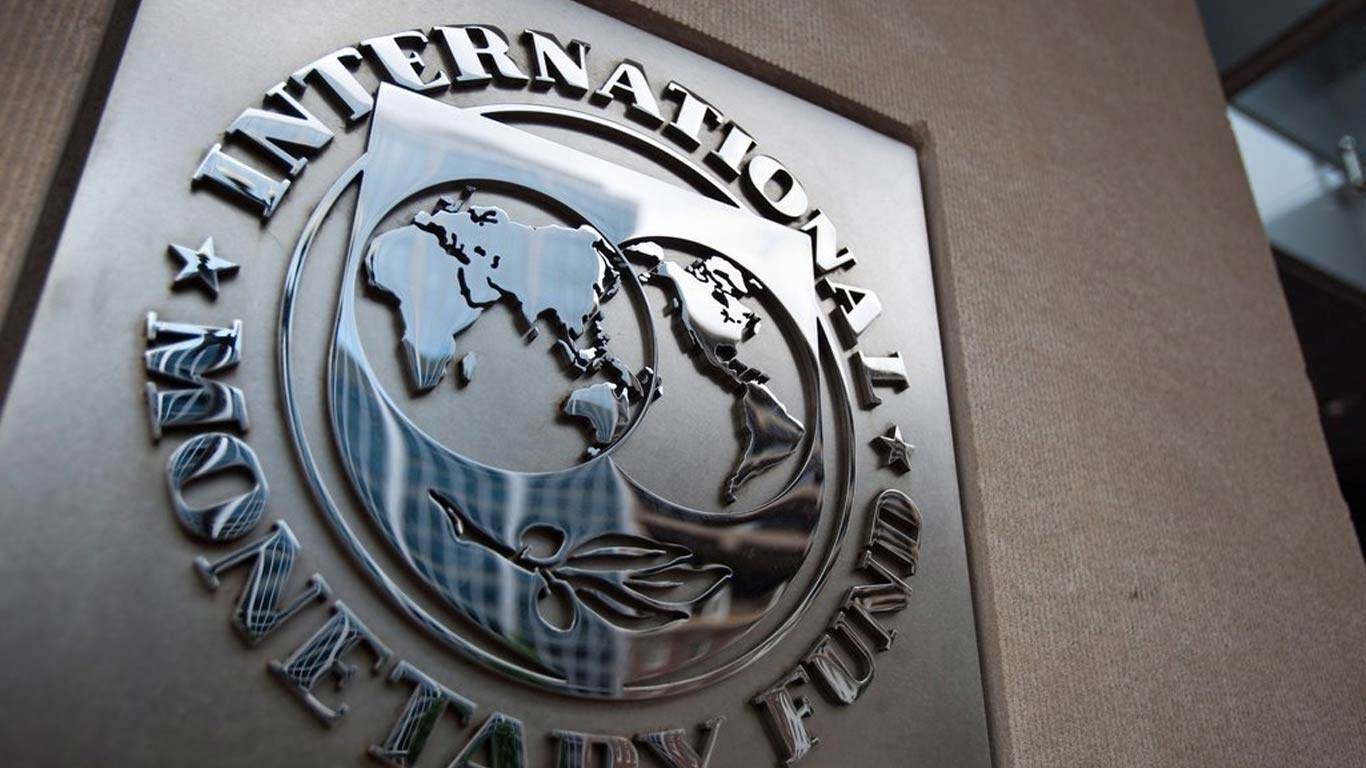





